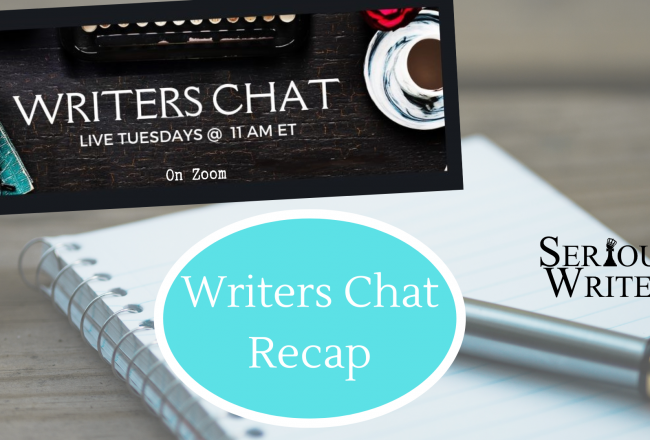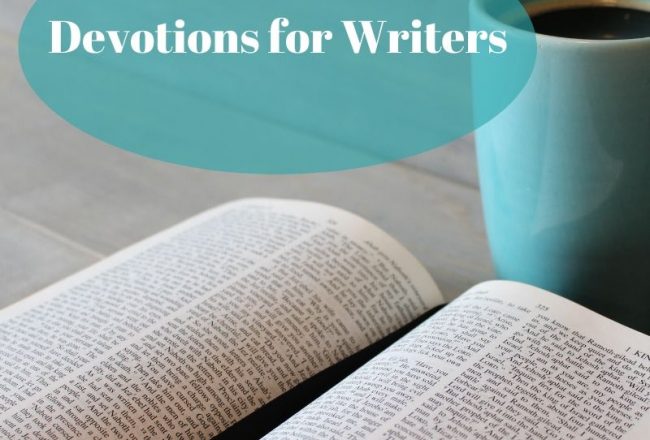
You Have a Work to Do
We all sometimes wonder why we write. Nagging doubts and questions invade our minds: “No one wants to read…
September 20, 2015
We all sometimes wonder why we write. Nagging doubts and questions invade our minds: “No one wants to read…
September 20, 2015
We all sometimes wonder why we write. Nagging doubts and questions invade our minds: “No one wants to read…
September 19, 2015
What’s wrong with this sentence? Me and Cam finished the Army Ten-Miler. Me should be I, right? Easy. Most…
September 18, 2015
When I first heard the phrase, “Query letter” I was confused and embarrassed. I did not know what a…
September 18, 2015
Let’s take a look at the layout of Picture Books. Most books, including picture books are produced in pages…
September 17, 2015
Andrew McCarthy, guest editor of The Best American Travel Writing 2015, says that the best travel writing is “the…
September 16, 2015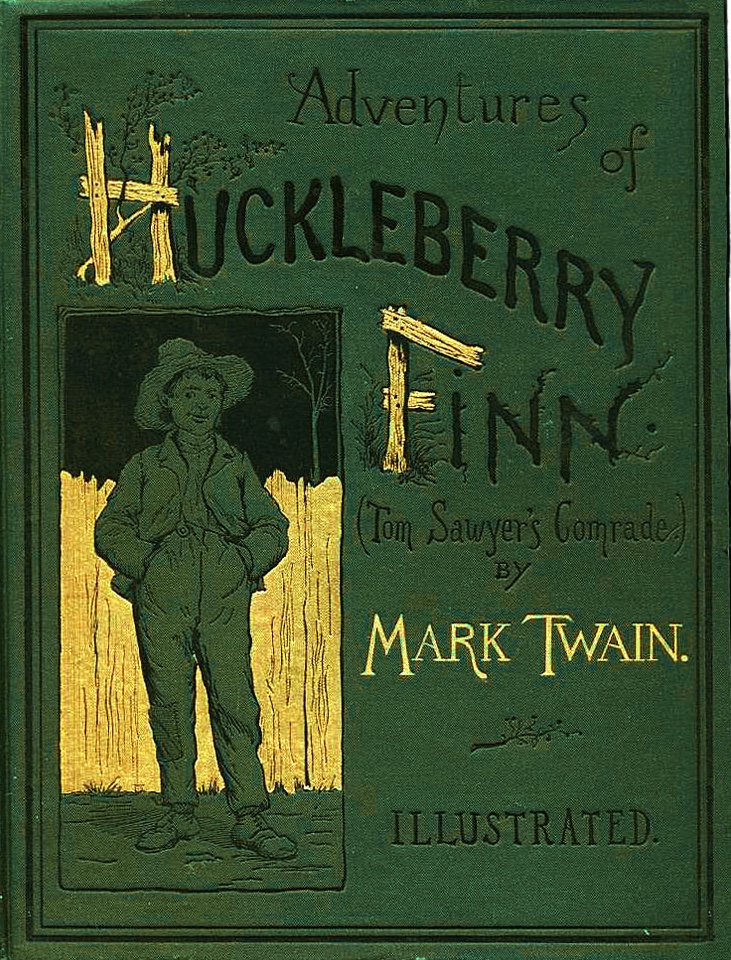
“The sky looks ever so deep when you lay down on your back in the moonshine; I never knowed…
September 15, 2015
Do your characters sometimes refuse to cooperate in the middle of a scene? Why is that? You know your…
September 14, 2015
At a writer’s conference, a contest judge once shared with me that he could pick my voice out of…
September 13, 2015
As a Christian writer I imagine you are like me and are driven with an overwhelming conviction and fire…
September 12, 2015
[author title=”Connie Wohlford” image=”https://www.almostanauthor.com/wp-content/uploads/2015/09/14-Connie-photo.jpg”]As a follower of Jesus Christ and one who’s deeply in love with the Word of…
September 11, 2015
You paced around the house all day doing unnecessary chores. You read an article on writing. You rearranged stuff on…
September 11, 2015
Last month I introduced the concept of rhetorical devices. We started with a couple familiar devices that students of…
September 10, 2015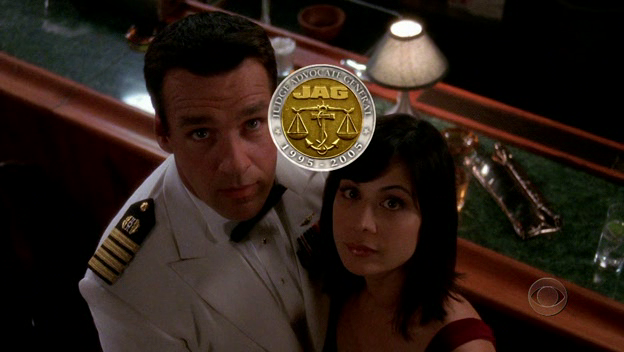
How do you know your story is worth telling? How do you evaluate whether or not your idea is…
September 9, 2015
Writers have a love/hate relationship with putting words on paper. Sometimes it’s difficult because of the process. Other times…
September 8, 2015
Mr. and Mrs. Character, Characters have always been my favorite aspect of writing. I create stories for my characters…
September 7, 2015
One of my goals as a poet is to make poetry practical and less intimidating for writers while respecting…
September 6, 2015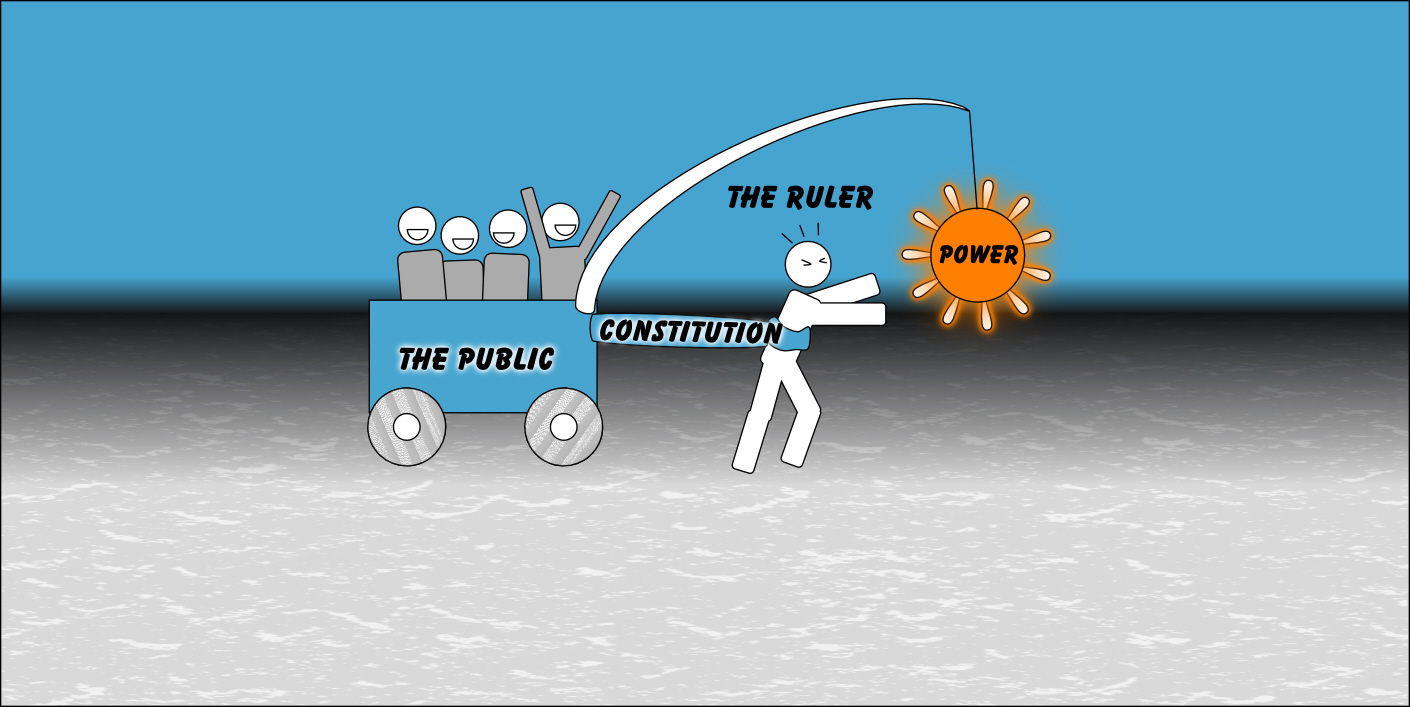
The people in your world need governance. I’m sorry. I wish I could make it untrue, but a believable…
September 5, 2015
[author title=”Alton Gansky” image=”https://www.almostanauthor.com/wp-content/uploads/2015/09/Al-2012-Head-Shot.jpeg”] Alton L. Gansky is the author of 25 novels and 9 nonfiction works, as well…
September 4, 2015
As writers, we do many things to capture what drives our characters. We’ll complete questionnaires detailing their likes and…
September 4, 2015
Although I don’t believe every teen writer should strive for publication, let’s face it: More and more teen authors…
September 2, 2015
Remember the insecure days of adolescence? We changed looks, styles, and personalities as we tried to figure out this important…
September 1, 2015
Let’s talk about apostrophes today. They’re little floating dots with tails that cause major problems for some people. Apostrophes…
August 30, 2015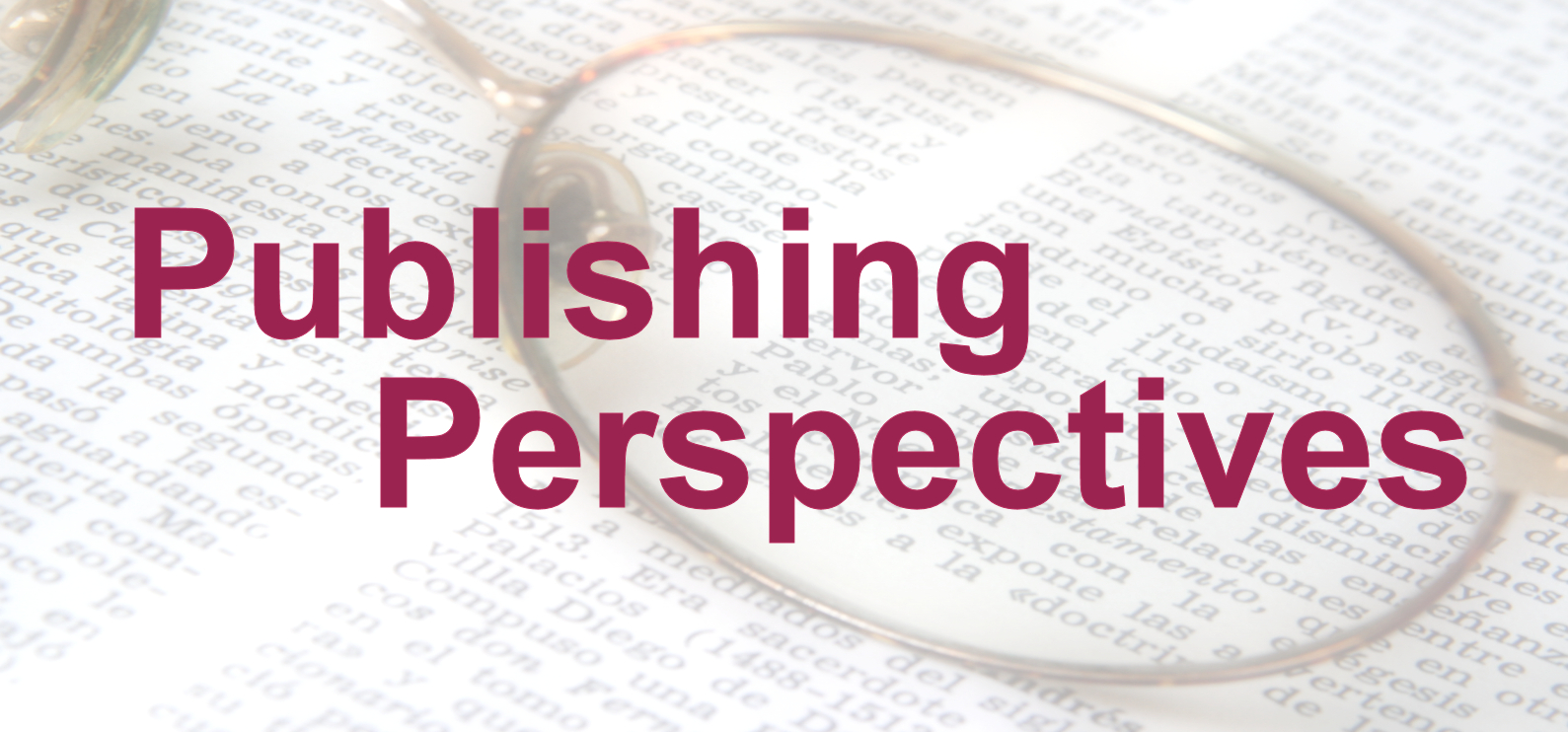
Writing a book can be hard work. Then you polish it: more hard work. Then there’s the hard work…
August 29, 2015
Rhetorical questions don’t require (or deserve) an answer. Do they? But how about those rhetorical devices—those figures of speech…
August 29, 2015



